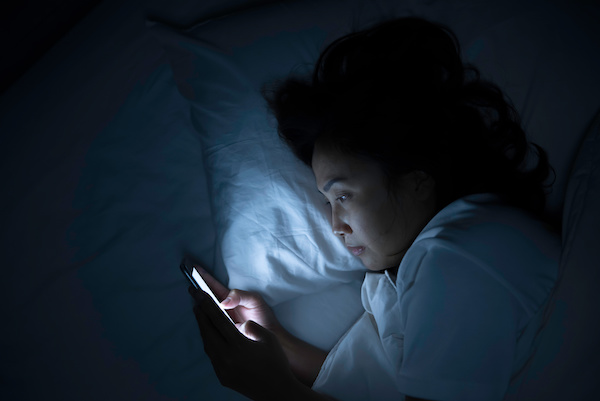No comments yet.
RSS feed for comments on this post.
Sorry, the comment form is closed at this time.

Sleep apnea is a serious condition that causes you to lose sleep night after night. Over time, that sleep deficit can have seriously negative impacts on your overall health – like increasing your risk of heart disease and diabetes as well as making it more likely that you will experience a serious car accident. Treatment is available for sleep apnea, but do you really need to seek professional help? In most cases, the answer is yes – but keep reading to learn about some ways that you can lessen the effects of sleep apnea, and how to know when treatment is right.
Sleep apnea is a condition that is characterized by the collapse of soft tissues in the mouth and throat during sleep. The collapse blocks the proper flow of air, causing the sufferer to briefly wake in order to resume breathing. Loud, chronic snoring is also common. A person with this condition may wake up hundreds of times per night without realizing it. All that they may notice is a groggy, fatigued feeling the next day – and every day after that.
If you have sleep apnea, there are several things you can do to improve the condition. They include:
If you try the above tips and still can’t seem to regain your restful eight hours, then it may be time to reach out to a professional for diagnosis and treatment. Today’s solutions to sleep apnea, like oral appliance therapy, are more convenient and effective than ever.
You deserve to enjoy all the benefits of a great night’s sleep every night! Don’t wait for sleep apnea to go away on its own – get started with a professional today.
Dr. Keane Fedosky is a highly experienced general dentist and is also a member of the American Academy of Dental Sleep Medicine. As such, he is the expert to turn to for help with snoring and sleep apnea. Dr. Fedosky and his team offer a range of treatments, including oral appliance therapy. To learn more about your options, contact Sleep Rehab & TMJ Treatment by phone at (972) 753-3737.
No comments yet.
RSS feed for comments on this post.
Sorry, the comment form is closed at this time.